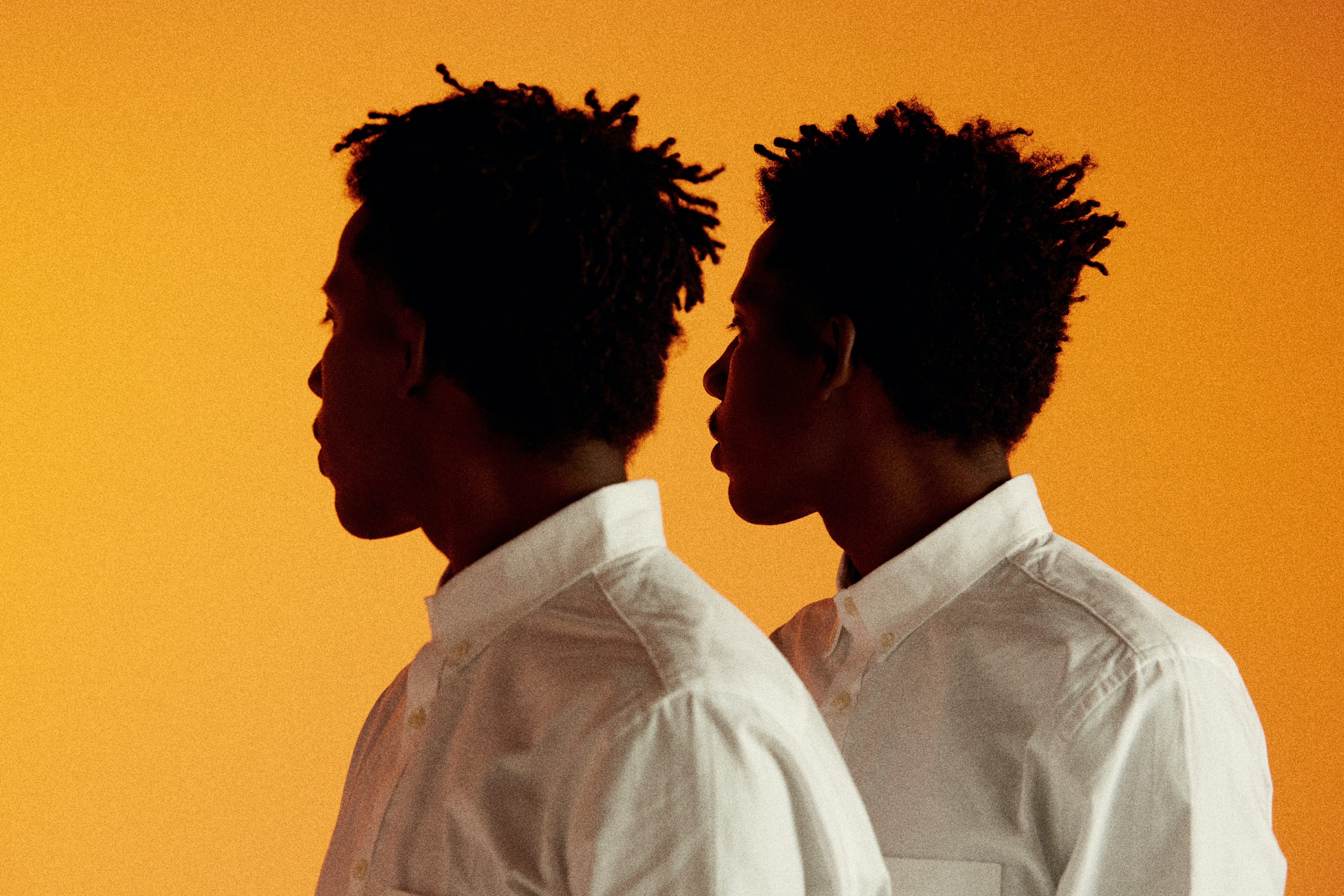
What would an education inspection look like if students did the inspecting? We're finding out.
News By Bea Herbert and Chris Bagley
Wed, Nov 18, 20
We're supporting young people to design an alternative schools inspection framework.

We're supporting young people to design an alternative schools inspection framework.
We’re excited to announce our new project! States of Mind are supporting young people to design an alternative inspection framework for schools. Here, we share why we are doing this, and how we’ll be going about it.
Over the last few years, we have been working alongside young people in educational contexts to develop an understanding of the issues affecting their wellbeing. This has included listening to the views of hundreds of young people across London and exploring their feelings and reflections about their education experiences. Our student-led project, ‘Breaking the Silence’, has evolved and is now a research partnership with the Institute of Education, UCL. Students lead the research and doctorate students support them to capture, interpret and disseminate their findings.
Phase one resulted in a challenging letter, written to the Office for Standards in Education, Children’s Services and Skills (Ofsted), critiquing the incessant focus on high stakes exams that inspections incentivise and offering solutions.
Phase two, led by a different group of young people and presented by Educational Psychology doctorate student, Jaspar Khawaja, incorporated questionnaire and focus group data around the impact of schooling on the shaping of identity and mental health, alongside the extent to which it supports personal development and readiness for life post education. Read more about his findings here.
What has emerged are a complex set of themes that demonstrate the profound impact of the education system on young peoples’ sense of identity, mental health, wellbeing and preparedness for life.
Throughout our research, young people have consistently reported feeling de-individualised, stressed and pressured to maintain an identity that does not value their personal strengths or individual needs. They have been telling us that something is wrong.
The student innovators working with States of Mind believe that the mental health and wellbeing of young people should be a key indicator of the efficacy of the education system itself. These essential measures are not considered and, by implication, deemed low priority to Ofsted or the Department for Education. Young people have never been asked if they feel Ofsted’s measurements of schooling are valid, or if they perceive their chosen success criteria expedites education that meets their needs.
The next phase of our work builds on our earlier work. Phase three will enable a group of students from two London colleges, working throughout the school year, to research the current Ofsted inspection framework, explore its impact on the education provision they receive. Using a Participatory Action Research approach, the aim is to reimagine an education inspection framework that places young people at the centre.
Fascinating questions arise such as:
‘If young people were to evaluate the education that ostensibly supports them, what would they measure and how?’
‘What might young people perceive to be appropriate “success criteria” for an education inspection?’
‘Given that “what is treasured, is measured”, what values and beliefs will underpin a student-led education inspection?”
Our previous work has shown that young people possess profound insights into how the system can be adapted to better meet their needs. This project will draw on young people’s lived experience and empower them to create change.
Participants will formulate research questions and gather data from a range of stakeholders which might include young people, teachers, parents, professionals and Ofsted inspectors. IOE doctorate students, alongside the States of Mind team will support the young people in developing research skills in regards to collating and evaluating their findings. They will work together to formulate the values underpinning a new inspection framework, alongside measurements of success. Later in the academic year, the young people will implement their alternative education inspection framework and reflect upon the process.
38 students applied and 12 students have been chosen to lead the project. The project will adopt a dynamic and innovative approach to solving a complex issue that demands alternatives be considered. It brings together students and researchers, two worlds that rarely cooperate in traditional academic study. Young people are often viewed as experimental subjects; here, they are active participants in all aspects of research that directly affects their experience.
The research findings and insights gained from implementing the new framework will be presented at a public event in July, hosted by the IOE. We welcome schools, psychologists and anybody interested in educational reform to attend. To express your interest, join our mailing list here for termly updates and news on the project . Stay tuned for announcements about the event and how to register.
We are looking forward to co-developing something new, valuable and inspiring, with the potential to challenge the taken-for-granted values underpinning our education system. We’ll be sharing the journey with you as it unfolds.